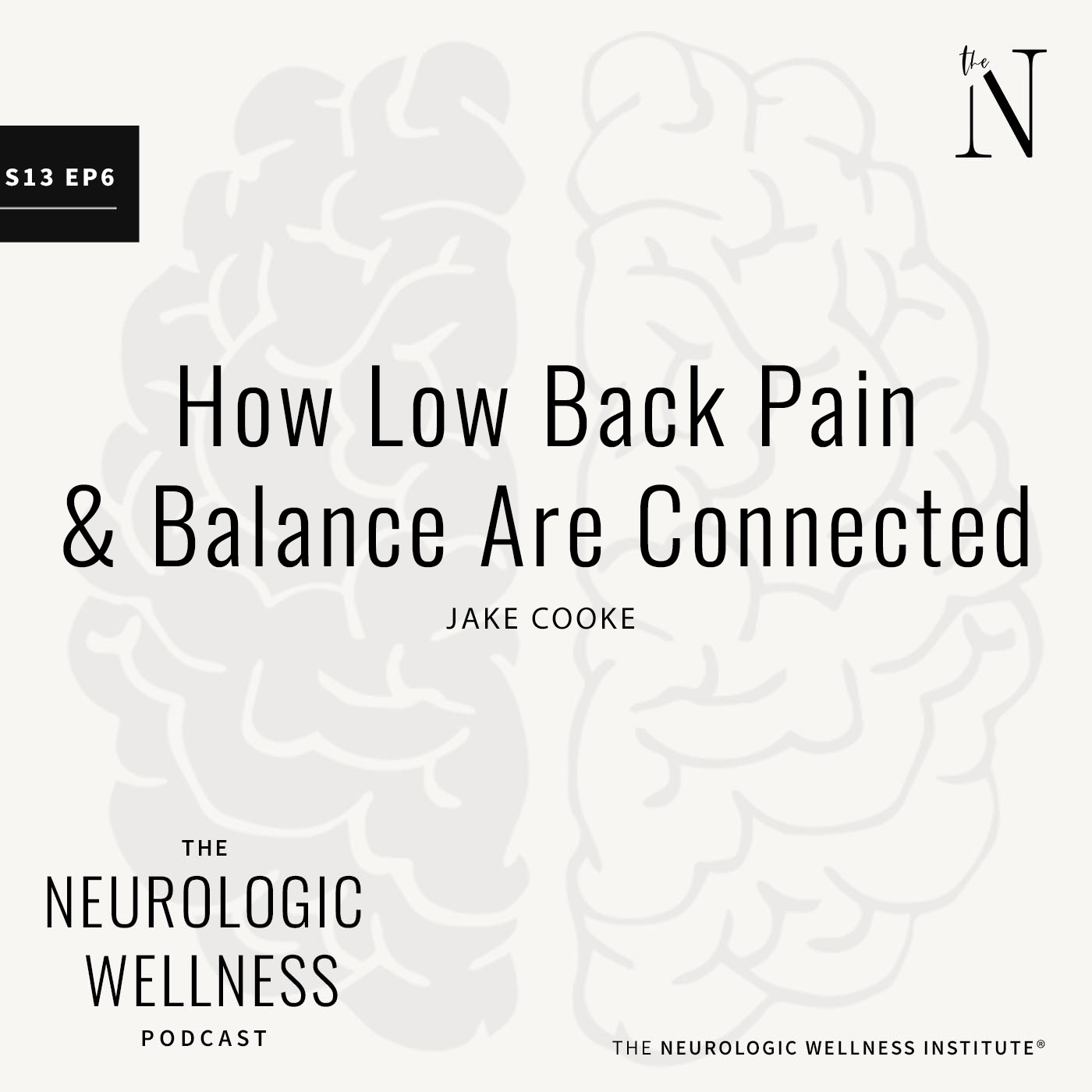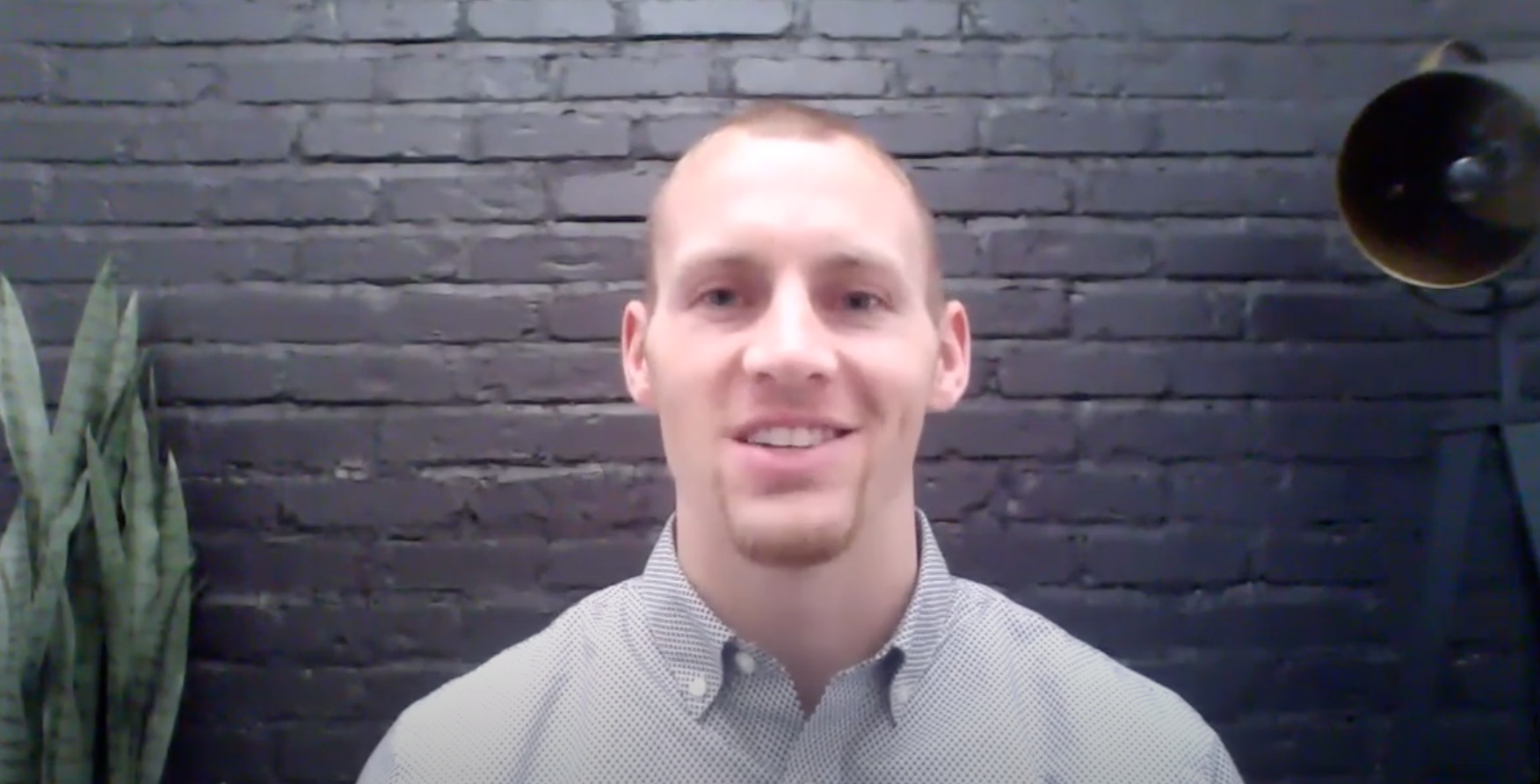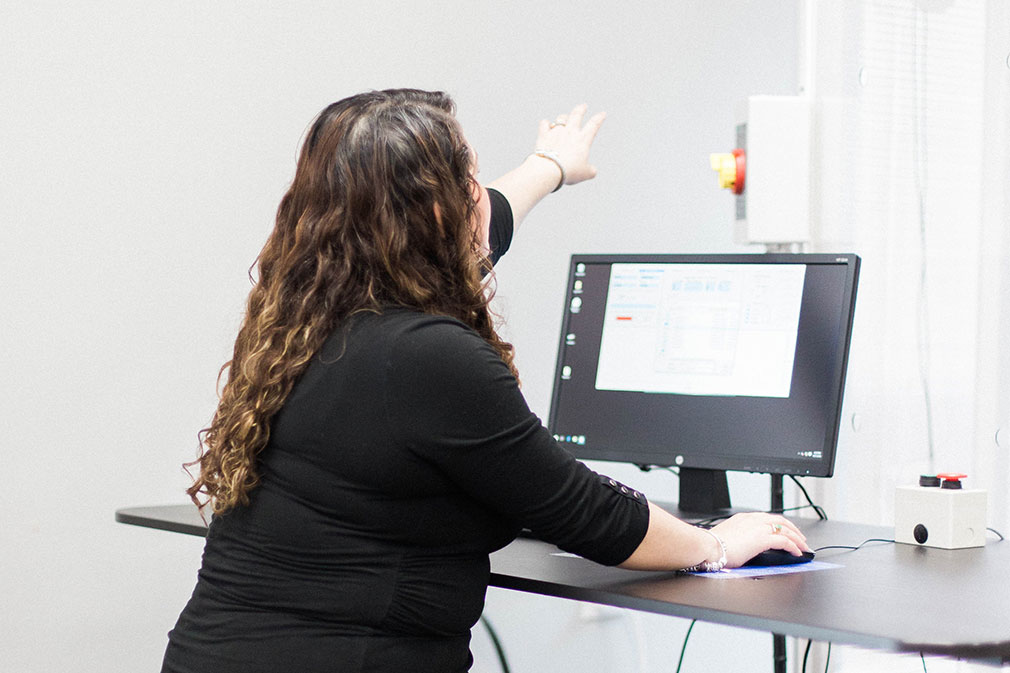According to recent research, 35% of adults older than 40 years of age in the United States have a vestibular disorder. The vestibular system organizes the information we receive from the outside world about our head position, motion, and where we are in space. Those with a dysfunction of the vestibular system have a 12-fold increase in reported falls, especially in the elderly population. By properly addressing and treating disorders of the vestibular system, reductions in falls and improvement in the quality of life occur.
More About the Vestibular System
The vestibular system consists of structures in both your inner ear and in your brain which are responsible for appropriate posture, balance, eye movements, and spatial awareness. Vestibular rehabilitation has been used since the 1940s and is a specialized exercise-based program for the management of symptoms associated with vestibular dysfunction such as dizziness, difficulty with balance, visual blurring, and disorientation.
What is Vestibular Rehabilitation?
Vestibular rehabilitation is a program of exercises designed to improve coordination between the head and eyes allowing people to move around their environment more efficiently without symptoms or falls. Because there are a variety of disorders that can impact the vestibular system, it is essential to find a trained professional in vestibular rehabilitation and vestibular disorders.
Dizziness Diagnosis
For most people with dizziness, a trained dizziness professional can accurately diagnose the correct type of dizziness 75% of the time based on the history and physical examination. Occasionally additional testing is needed such as cardiovascular monitoring, brain imaging, and/or laboratory blood testing.
The Goals of Vestibular Rehabilitation
The goals of vestibular rehabilitation include the following:
-
- Decreasing dizziness
- Increasing balance
- Decreasing the risk of falls
- Improving eye-head coordination
- Improving walking (especially with head movements and mental tasking)
Exercises are performed both in the clinic and at home which has not only improved physical symptoms but also mental symptoms such as anxiety, fear, worry especially around thoughts of falling.
Who Else Benefits from Vestibular Rehab?
Vestibular rehabilitation has been shown in research to not only be effective with those who have vestibular disorders but also with patients after a head injury/concussion. Patients with specific brain disorders such as cerebellar disorders and multiple sclerosis also have been shown to benefit from vestibular rehabilitation. There is a strong relationship between vestibular disorders and anxiety disorders and vestibular rehabilitation has been shown to improve anxiety as well as prevent panic disorders. Older adults have also been shown to respond well to vestibular rehabilitation which is important as the increase in age is associated with an increase in dizziness and balance disorders.
For more information on the type of conditions, our clinicians help with, schedule a consult with one of our patient care coordinators.
Alghadir et al. An update on vestibular physical therapy. Journal of the Chinese Medical Association. 2013;76:1-8.






